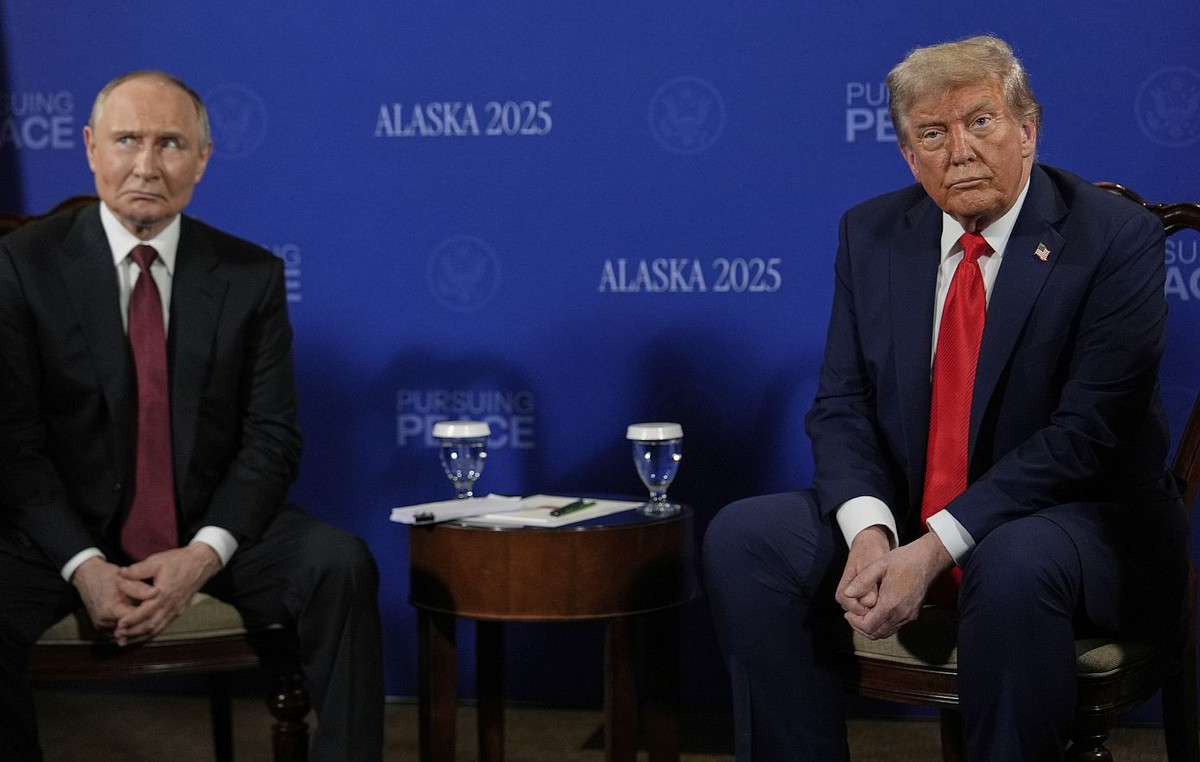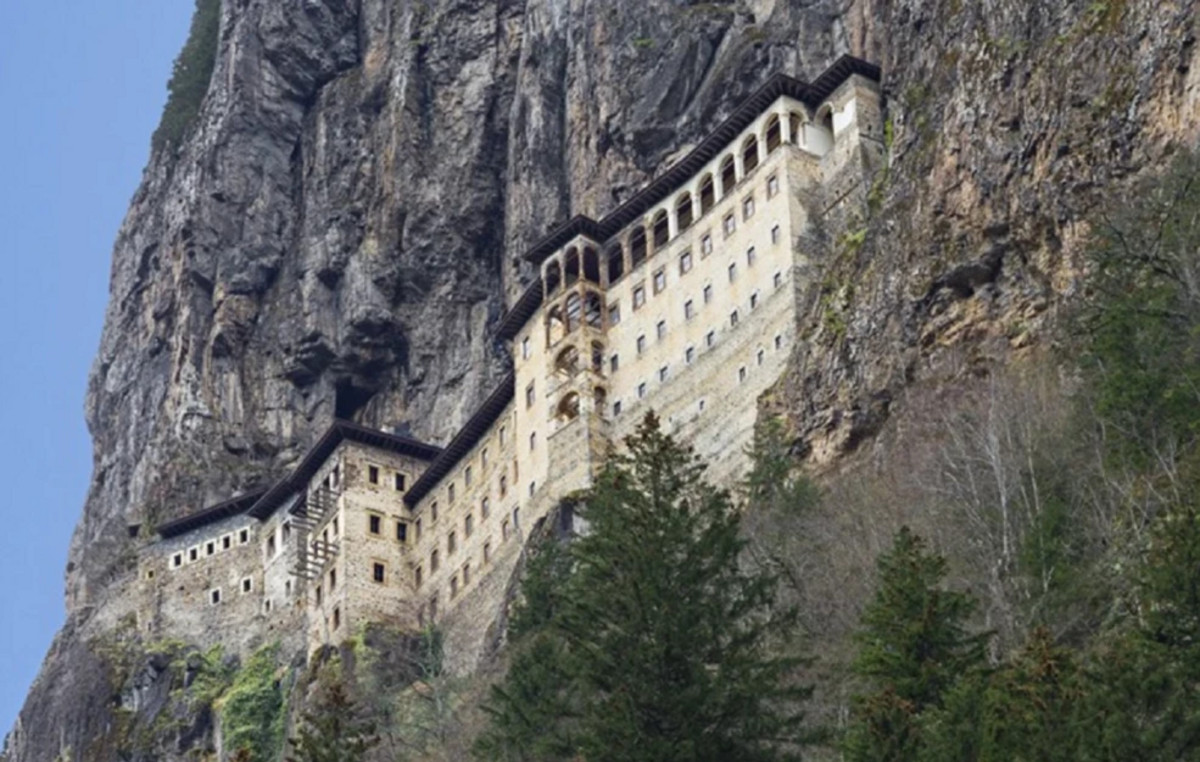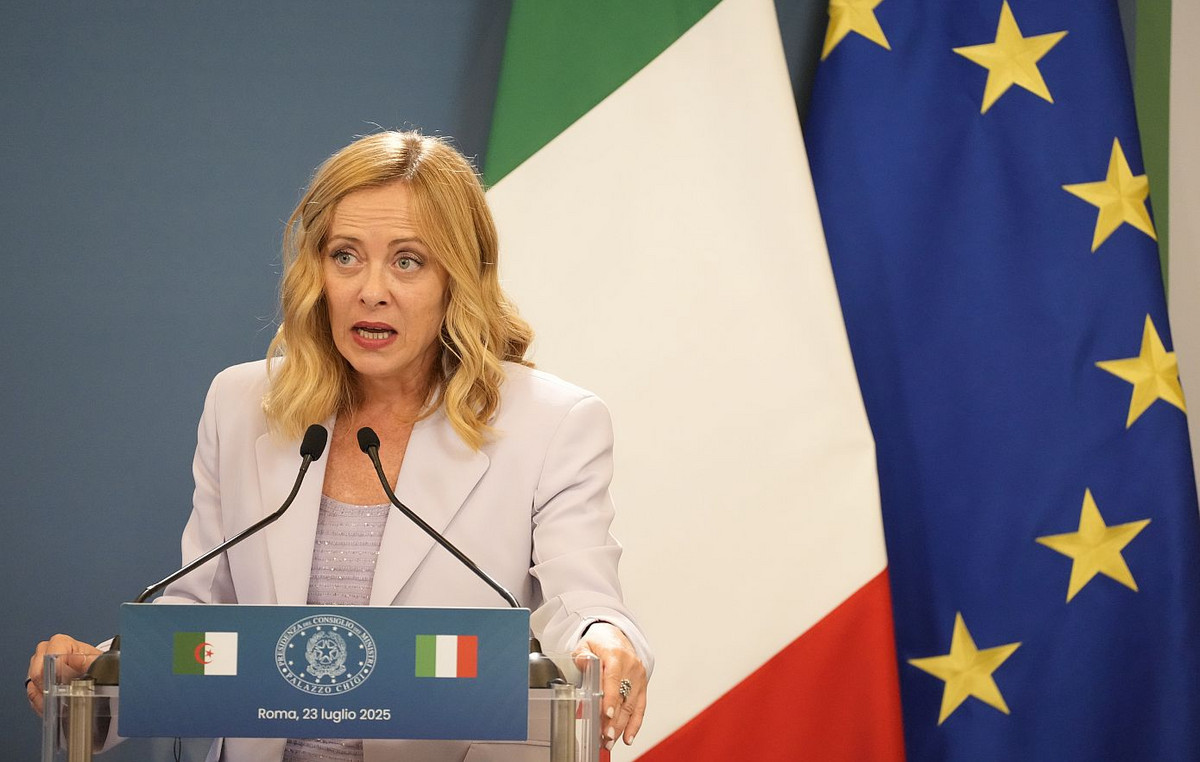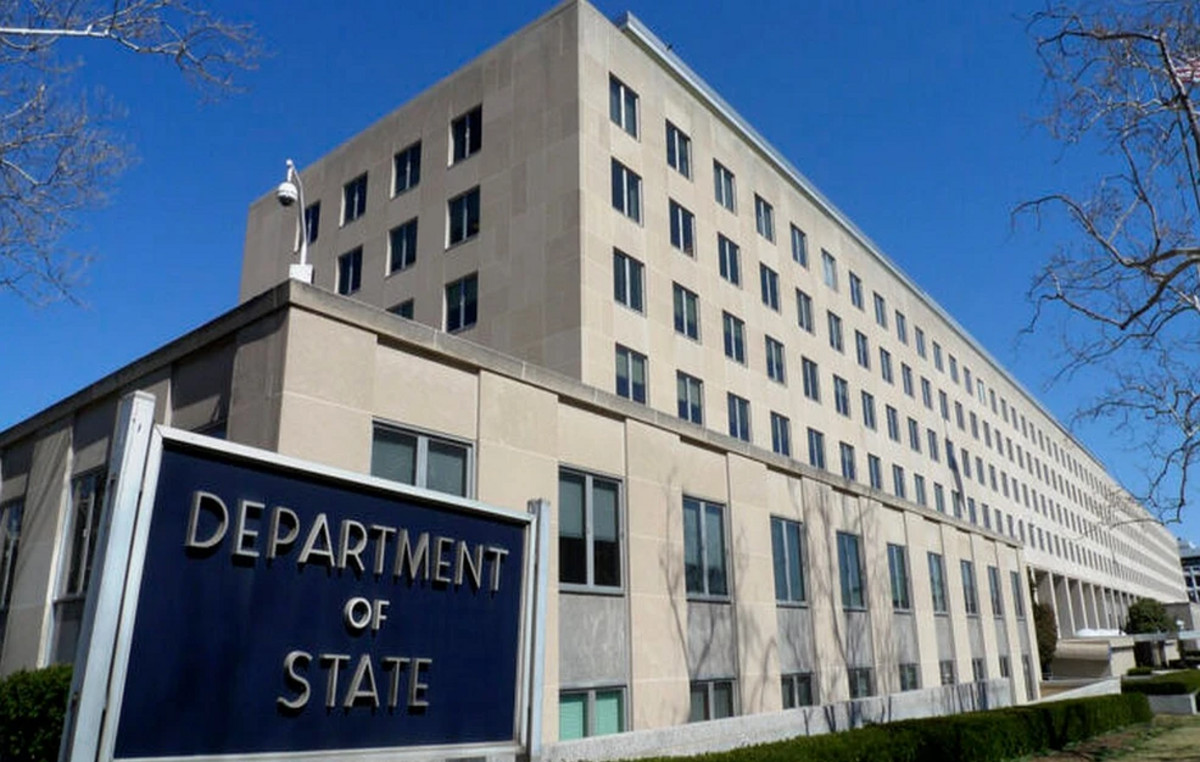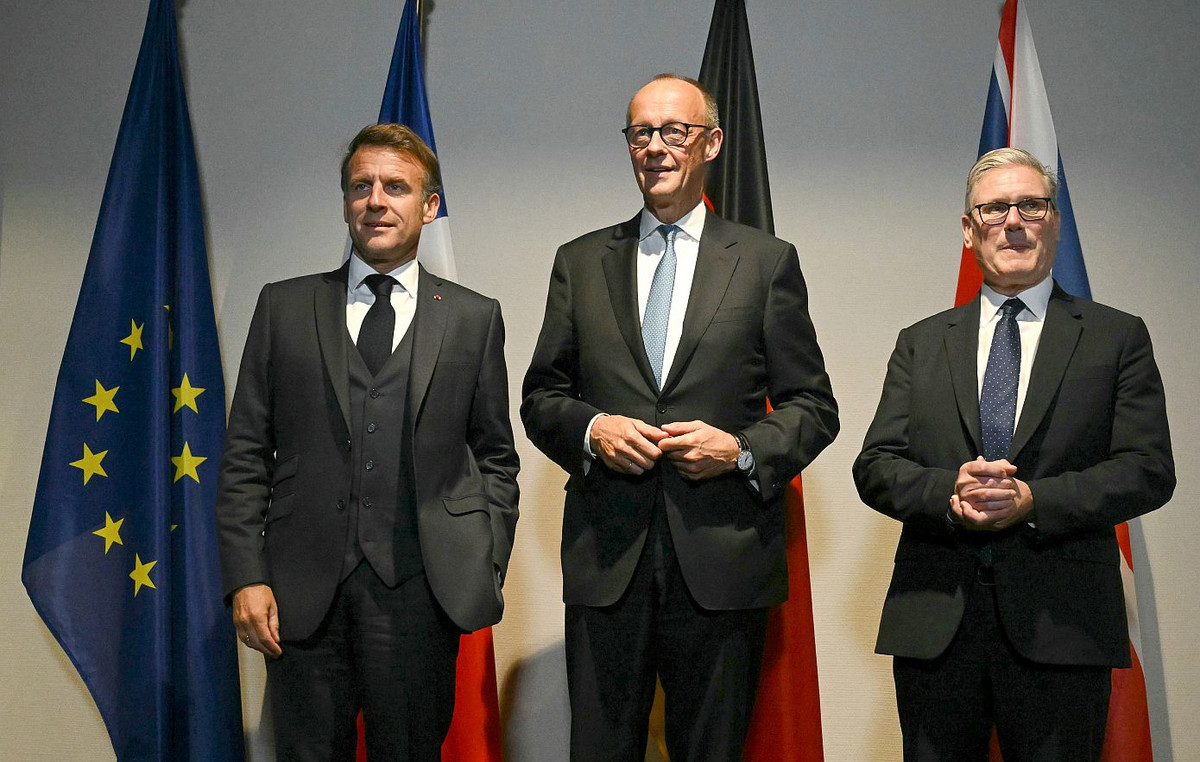Small and medium businesses, and especially individuals, are unlikely to be able to access this platform in the foreseeable future, Uspensky believes. Perhaps this is for the best, since cryptocurrency transactions on the state crypto exchange will create problems for their participants, the Duma Council expert believes:
“If information leaks into the public domain that cryptocurrency was purchased on a Russian exchange, then with the help of special technical means it will be easy to track and mark absolutely all transactions as suspicious, significantly ruining the lives of not only the participants in the transactions, but also the future owners of digital currency, who are completely unrelated to Russia.”
According to Uspensky, the centralized basis of the future crypto exchange will not inspire any confidence among market participants.
The founder of the TerraCrypto platform Nikita Vassev confirmed that, in his opinion, only those who have no choice will be able to work with such a platform:
“Those who have a choice will not exchange convenient trading platforms, which the best developers have been improving for years, for domestic platforms. The only scenario in which a market participant will go to a domestic platform is hopelessness.”
Experts interviewed by Kommersant believe that information about transactions on the Russian state crypto exchange could end up on sanctions lists, and then transfers from this platform in digital assets will be immediately blocked.
Earlier, Nikita Zuborev, senior analyst at the Bestchange.ru platform, told RBC in an interview that the Russian government may want to launch a quasi-state crypto exchange with shareholders in the form of the Ministry of Finance, the Bank of Russia, or entities affiliated with them.
Source: Bits
I am an experienced journalist, writer, and editor with a passion for finance and business news. I have been working in the journalism field for over 6 years, covering a variety of topics from finance to technology. As an author at World Stock Market, I specialize in finance business-related topics.


